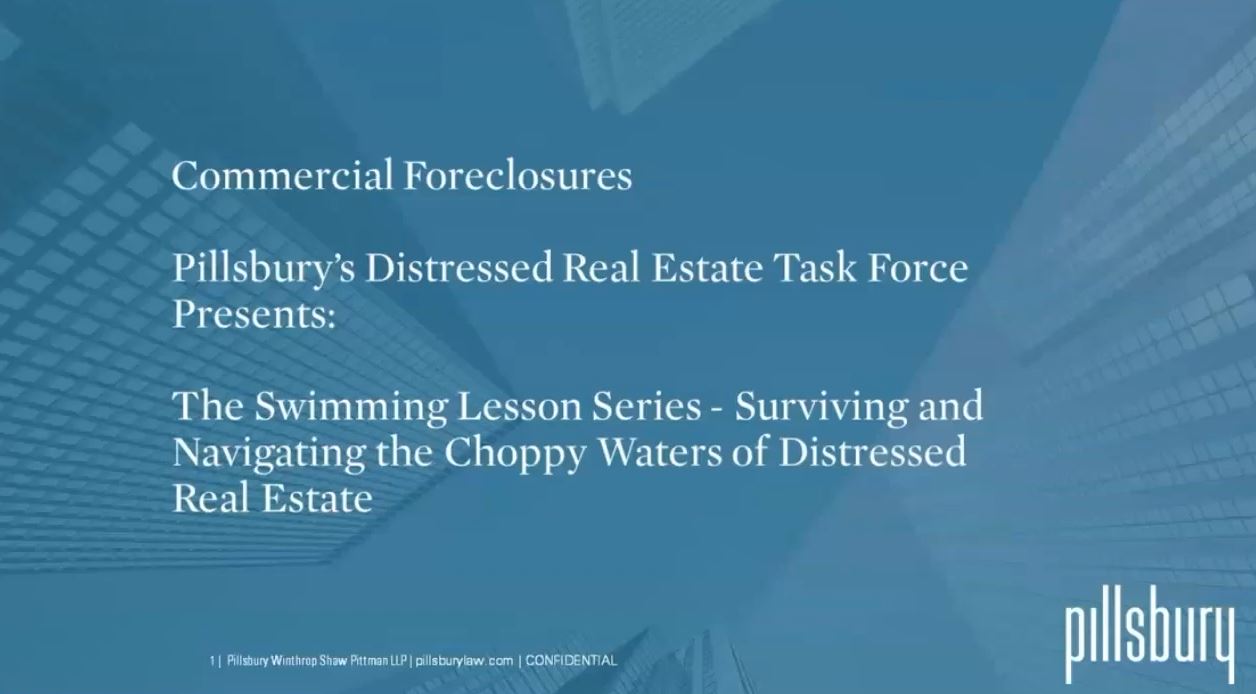
In this video mini-series, Real Estate partner Caroline Harcourt and Insolvency & Restructuring partner Patrick Fitzmaurice and special counsel Jon Doolittle join forces to explore some of the key components of a commercial foreclosures. The trio provide a general overview of the pre-foreclosure process, outline important considerations when drafting a foreclosure complaint, offer guidance on the steps that go into obtaining a judgement of foreclosure and sale, and flag some a variety of important post-sale issues. Watch the video here.
 Gravel2Gavel Construction & Real Estate Law Blog
Gravel2Gavel Construction & Real Estate Law Blog


